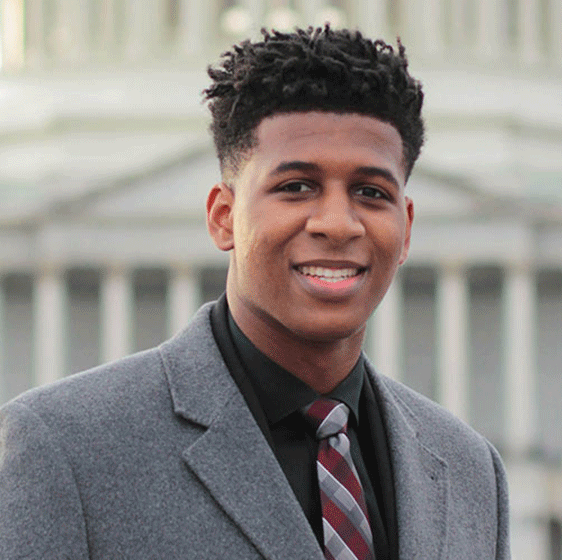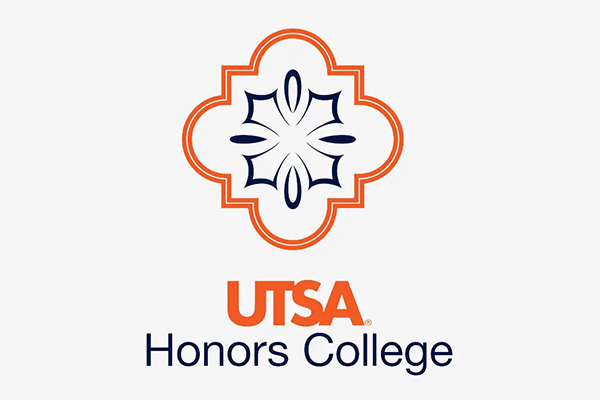The Honors Curriculum Through Student Stories
Our new Honors College experiential education curriculum launched in Fall 2018. With our first graduating class of students in 2021, Honors College students are attending top graduate programs in their fields, winning national awards and fellowships, as well as emerging as leaders in the workplace and in their communities. Below, you can see from three students how the experiences they pursued while in the Honors College helped prepare them for success following graduation.

Nehemiah Jackson

Montana Meeker

Favour Obuseh

Opportunities within the Honors College
The Honors College offers students the opportunity to participate in a number of different programs to further expand knowledge, especially in the realms of professional development, leadership development, and public service. Special programs are fully integrated into the Honors College curriculum, making credit transfer simple and ensuring that students are working toward Honors requirements.

